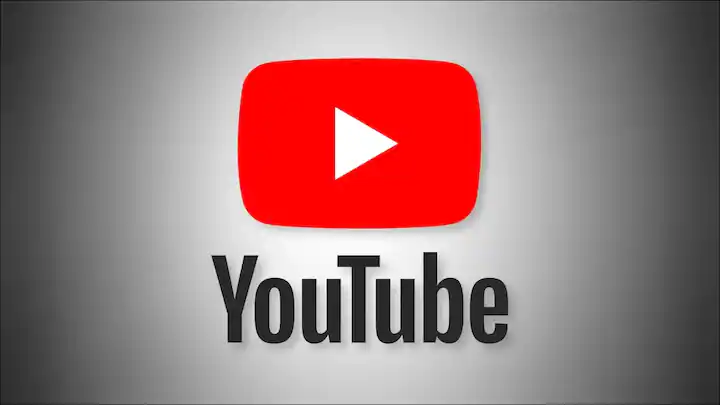
YouTube, a social video streaming platform, has recently unveiled updated community guidelines concerning the transparency of content containing artificial intelligence (AI).
According to a blog post published by the platform on November 14, the updates will require creators to notify their audiences if the content being displayed is “synthetic.”
“We’ll require creators to disclose when they’ve created altered or synthetic content that is realistic, including using AI tools.”
A video generated by artificial intelligence that “realistically depicts” an event or action that never occurred or the words or deeds of an individual that they did not perform were cited as examples in the update.
YouTube states that this information will be presented to viewers in two ways: first, a label will be added to the description panel; second, a more conspicuous label will be added to the video player if the content pertains to “sensitive topics.”
However, YouTube classifies political elections, “ongoing conflicts,” public health crises, and public officials as sensitive subjects.
YouTube states that it will collaborate with content creators to simplify the new policies; however, it warns that non-compliance may result in content removal, “suspension from the YouTube Partner Program, or other penalties.”
The platform also addressed the issue of deep fakes generated by artificial intelligence, which have grown in prevalence and authenticity.
Meanwhile, the company stated that it is in the process of integrating a new function that will enable users to request the removal of a synthetic video that “simulates an identifiable individual, including their face or voice, using our privacy request process.”
Numerous public figures and personalities, including Tom Hanks, Mr. Beast, Gayle King, and Jennifer Aniston, have recently struggled against deep fake videos of themselves endorsing products.
In the past year, the music industry has also been afflicted by AI-generated content, including the proliferation of deep fakes featuring artists whose vocal or track samples were obtained illegally and distributed online.
YouTube updated its community guidelines to include a provision for removing AI-generated music and content that replicates the distinctive singing or rapping vocal of an artist, citing requests from its “music partners.”
Furthermore, YouTube initiated the development of its guiding principles for collaborating with the music industry on AI technology during the summer.
In addition to the community guidelines, YouTube has recently introduced AI chatbots that engage in conversation with users during video playback as an experimental feature.
